Let’s talk about bullying. Lauren and I, along with our long-time leadership team, think about this topic a lot. We approach it in a larger context of our mission: guiding kids and teens to grow into good humans who will affect positive change in the world. Every summer we seek to build an inclusive camp community where all campers and staff feel they can be their most authentic selves. Along the way, our leadership team is focused on teaching campers how to interact in healthy ways with their peers; of course, part of this focus is identifying and directly addressing bullying behavior. As educators, how can we best help our campers learn and grow from their mistakes? How can we instill in them the essential life skills of empathy, resilience, and forgiveness? How can we make sure every camper feels known, needed, and cared for as a valued member of our Blue Star family?
Jason Silberman, President of the Camp Owners/Directors Association (one of several professional organizations in which we are members), reflected on this past summer with this front of mind. Silberman writes, “there’s a prevailing culture that encourages removing children from situations that cause discomfort, rather than allowing them to work through their feelings. However, children thrive in environments that promote connection and resilience.” As parents, we too struggle with our own feelings around how best to parent our children. We are right here with you! When we are granted the awesome opportunity and privilege to look after YOUR child at camp, we feel for them and think about them as our own. Our educational philosophy is that real learning takes place in the context of relationships. Our work centers around leading campers towards a deeper understanding of themselves and learning how to interact inclusively in all of their social interactions.
Part of this work is acknowledging that kids and teens make mistakes, explore boundaries, and are trying to figure out who they are and how they fit in with others. It is messy; it can feel uncomfortable. When a camper says something really mean to another camper or blatantly excludes them from joining in with a group, we engage the work. Sometimes mean or exclusionary behavior can become part of a repetitive pattern. At Blue Star we define bullying as repeated unwanted aggressive behavior that involves a power imbalance (https://www.stopbullying.gov).
We also understand that testing the accepted social boundaries to establish one’s role in a group is developmentally appropriate behavior. That said, while these behaviors are age appropriate, some of them are not acceptable in our intentional community. Rather, the good work of camp is to scaffold and support all children in working with these challenges and learning from the experience to help them discover their best selves. Always we are working to root out exclusionary behavior and catalyze inclusive acts. We use the word, inclusion (and not tolerance), as inclusion requires the camper to go beyond tolerance, or simply putting up with someone. The following are just a handful of examples of HOW we strive to accomplish this…
- Our intensive staff leadership training focuses on how our counselors can best create an inclusive cabin community, in addition to how best to handle when a camper is not acting in that way. Our unit and camp leaders are in the camper cabins every day and checking in with the counselors regularly to gather information on the internal cabin dynamics. Our leadership team then makes the decisions as to how to work with certain campers individually and the cabin as a whole.
- Weekly check-ins (one-on-one conversations) occur as a priority between our unit leaders and each of their campers. *Parents, as partners, can coach their children to share with their camp leadership how they actually are doing and feeling, especially within their cabin. Our unit leaders share their weekly check-in written reports with their camp leader and director. From there, our leadership team again is making the decisions as to how to work with certain campers individually, including when the directors will engage parents.
- Circle Ups & Key Logs are modeled and led by our unit and camp leaders. Lauren & I facilitate our leadership team Circle Ups as part of an ongoing training process. From there, our counselors are empowered to lead regular Circle Ups with their cabins. Circle Ups are opportunities for campers to share openly what is going well for them at camp and what is not going well (ie “Rose & Thorn”). Alumni will be much more familiar with Key Log ceremonies that happen on the last night of every session. All campers and staff from each unit share gratitude with each other, sitting around the camp fire and reflecting on their camp relationships. It is important for the adults at camp to model and scaffold for our campers that it is healthy to share their feelings.
- Camper Commitment policies are a newer addition to our social-emotional learning arsenal. This summer, all of our campers and their parents will receive our Camper Commitment policy to discuss at home before camp starts. At camp, our leadership team and counselors will review the Camper Commitments as part of our regular process of setting cabin guidelines with our campers at the beginning of each session. This way, all of our campers start the summer on the same page as to what behavior is acceptable and, clearly, what is not. To get campers to buy in, it is key that campers feel part of the process.
As always, Lauren & I invite all of our camp families to partner with us and support our mission in creating an inclusive community at camp where all campers feel known, needed, cared for and safe.
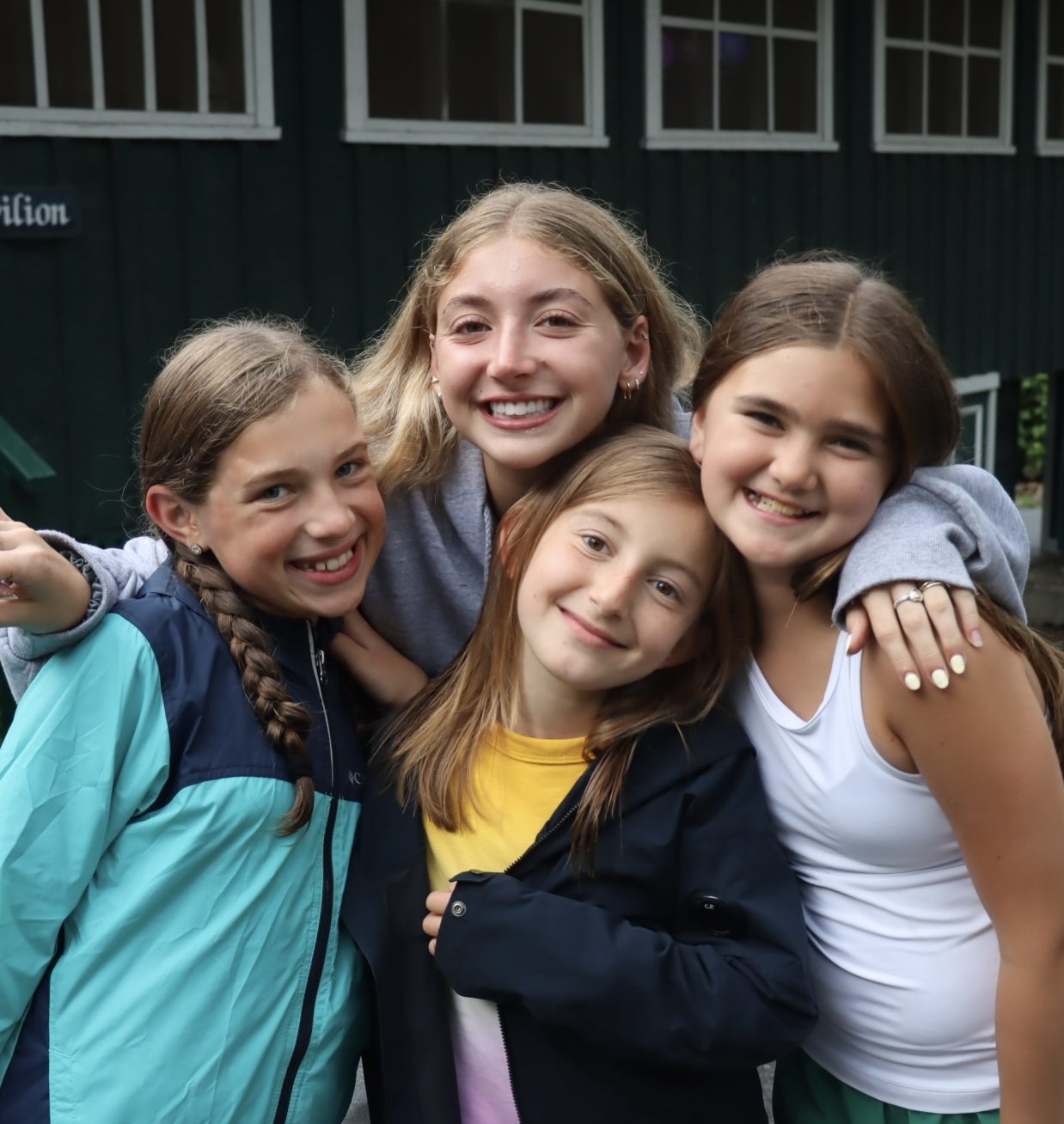
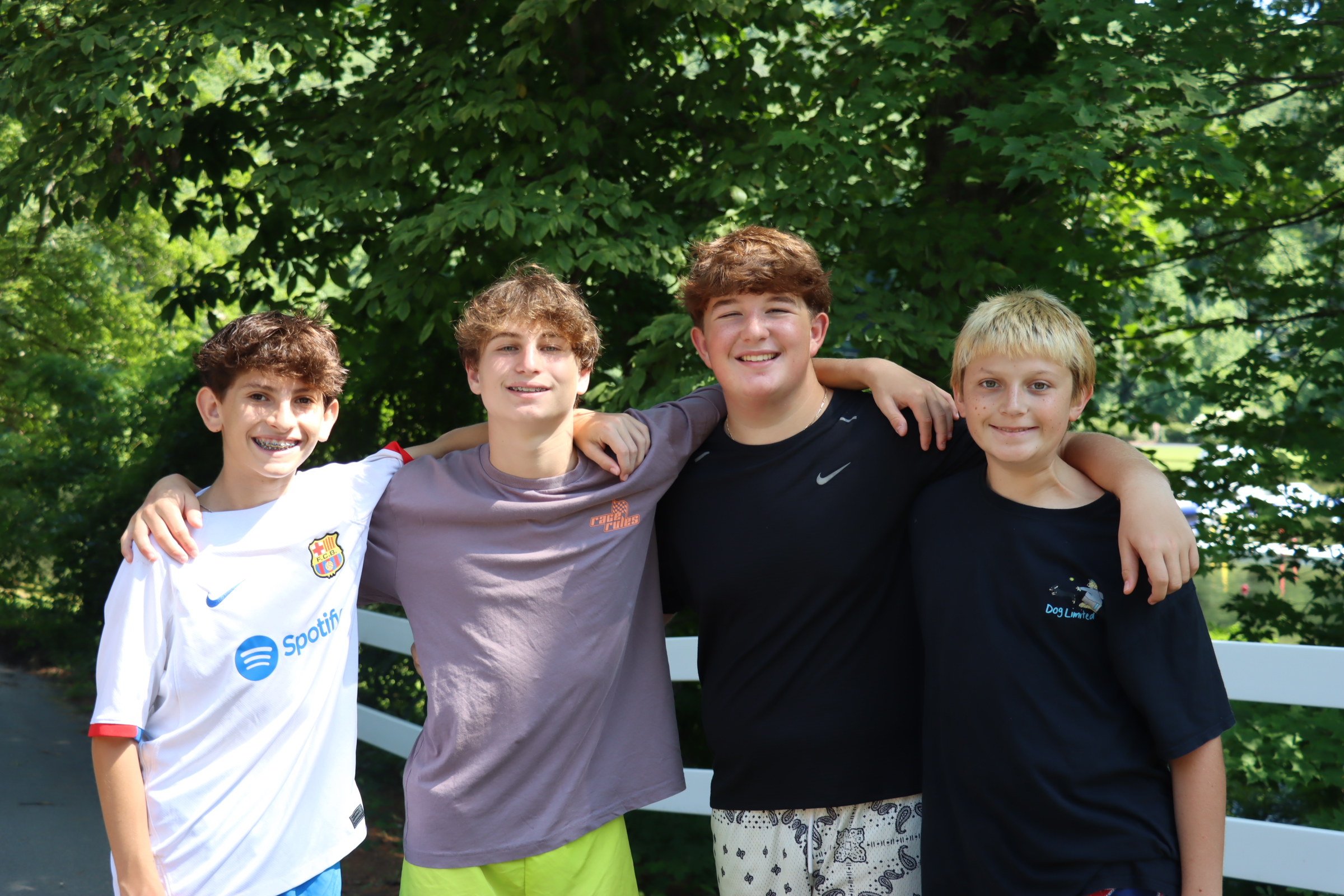
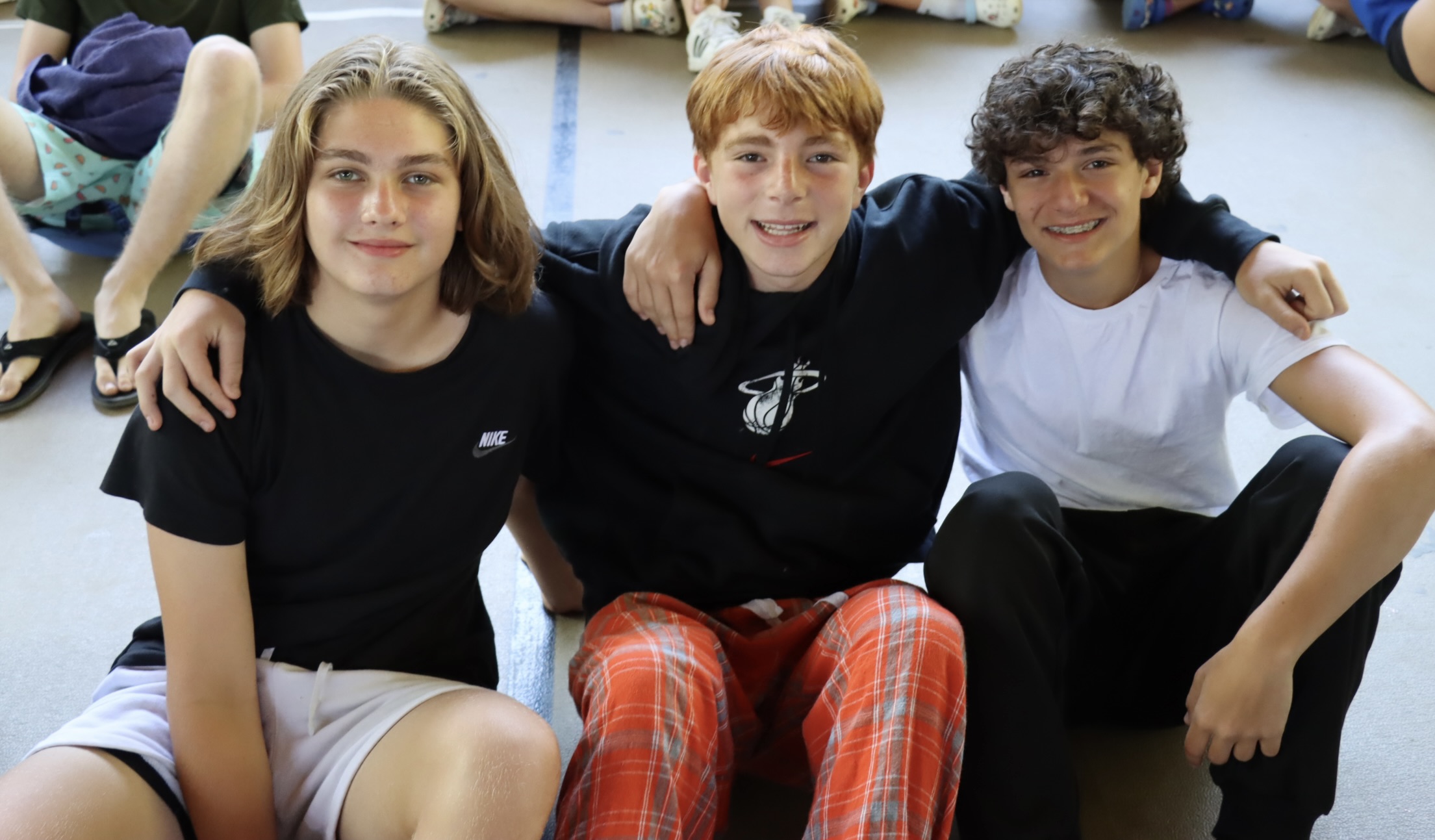
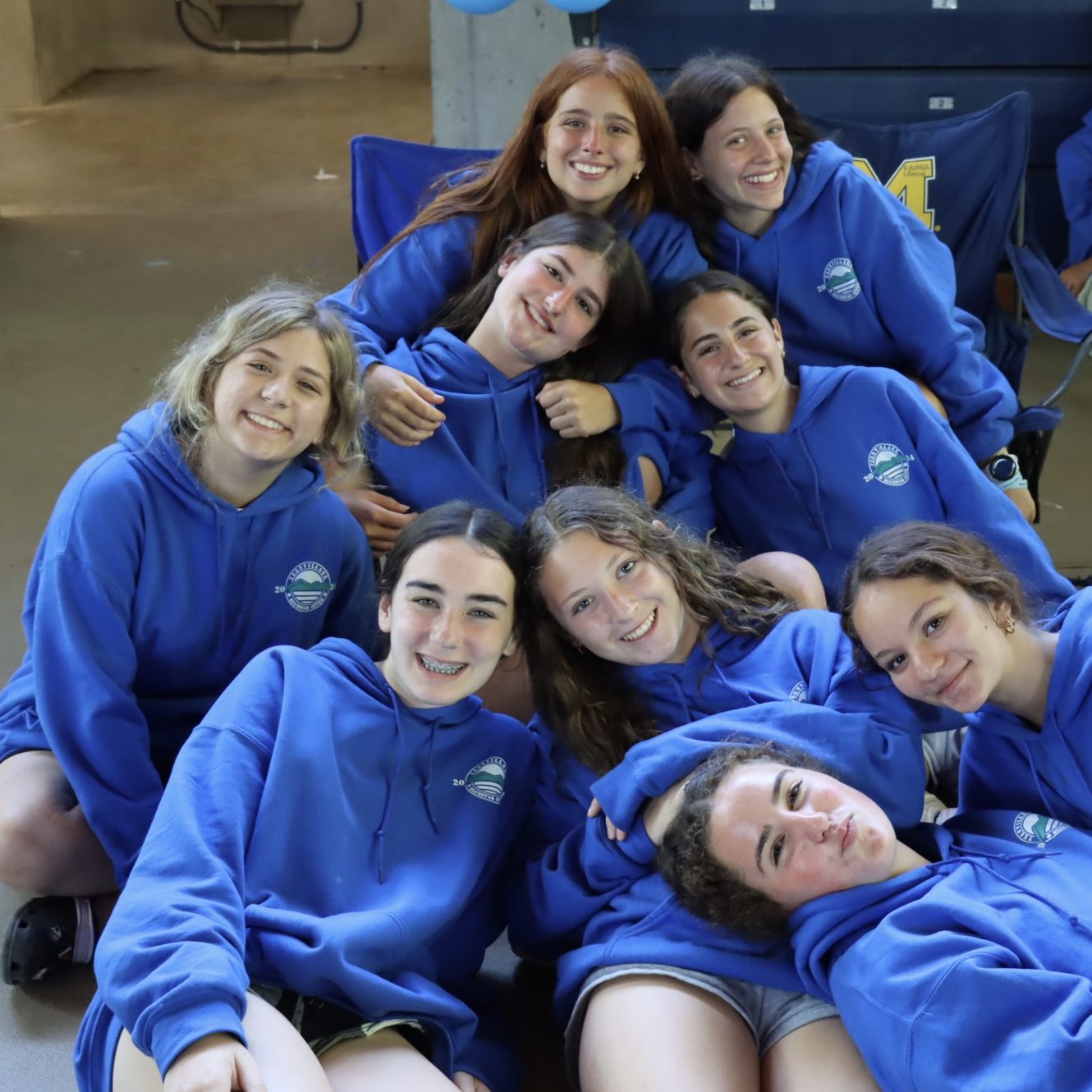

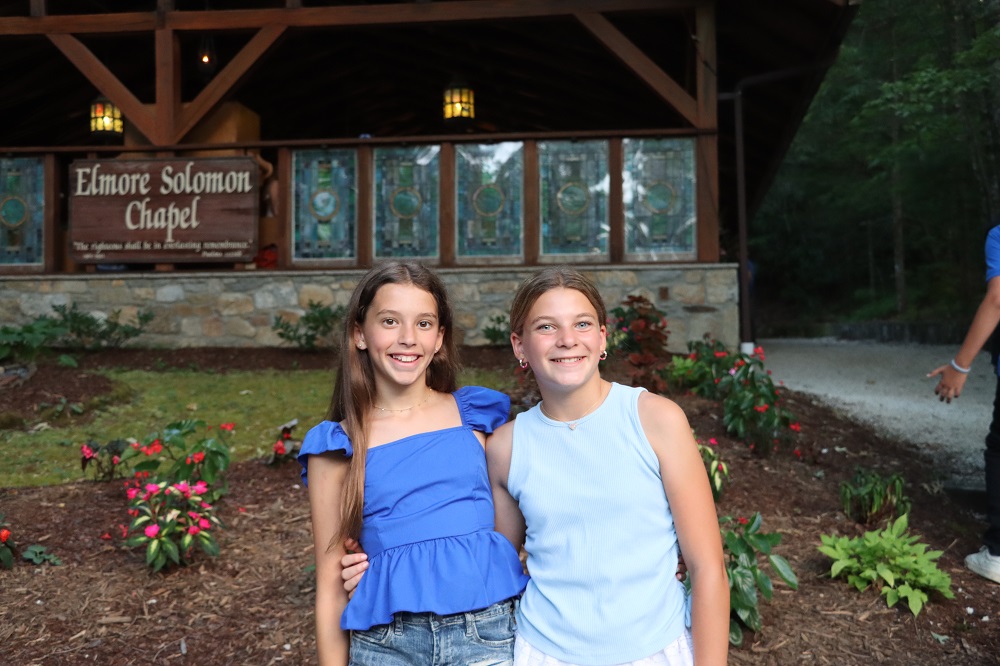
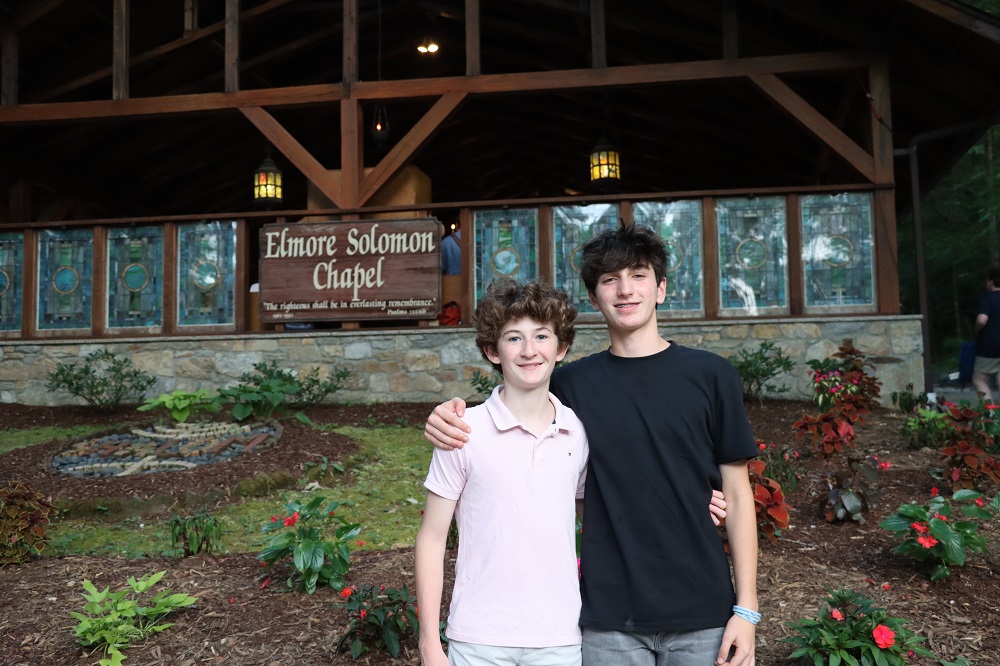
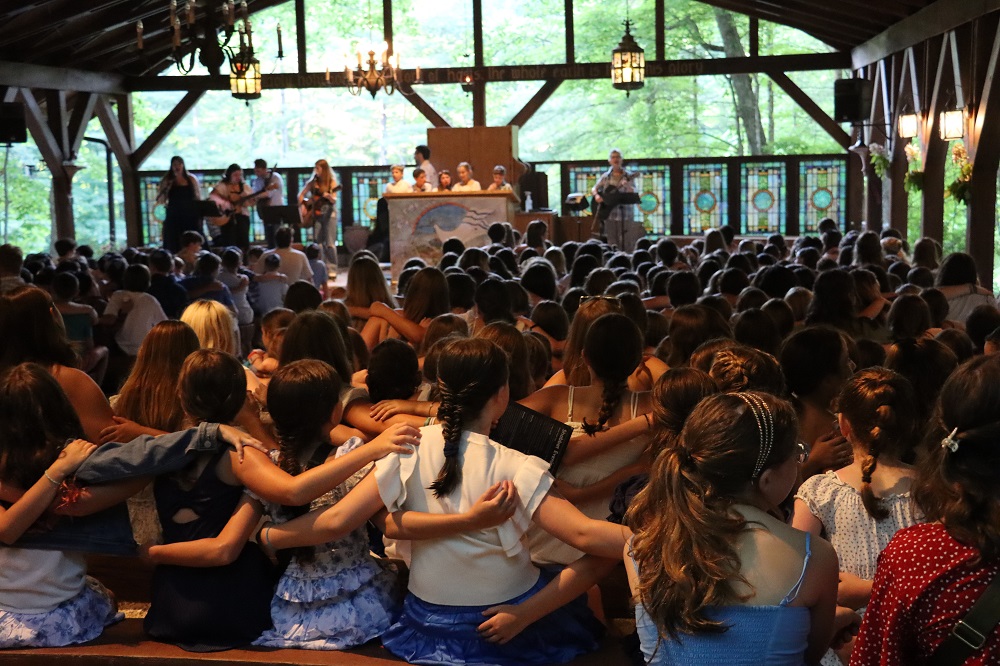
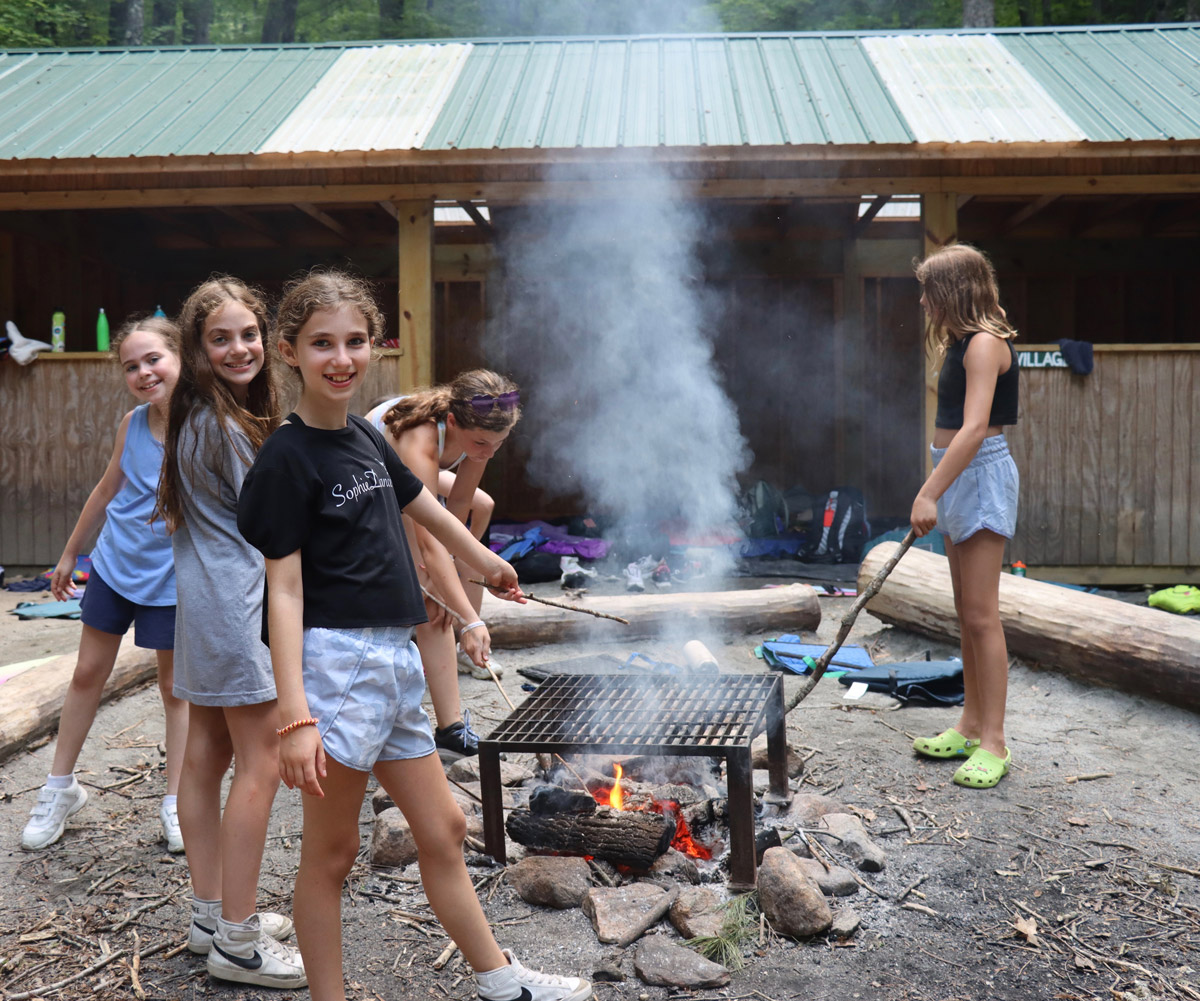

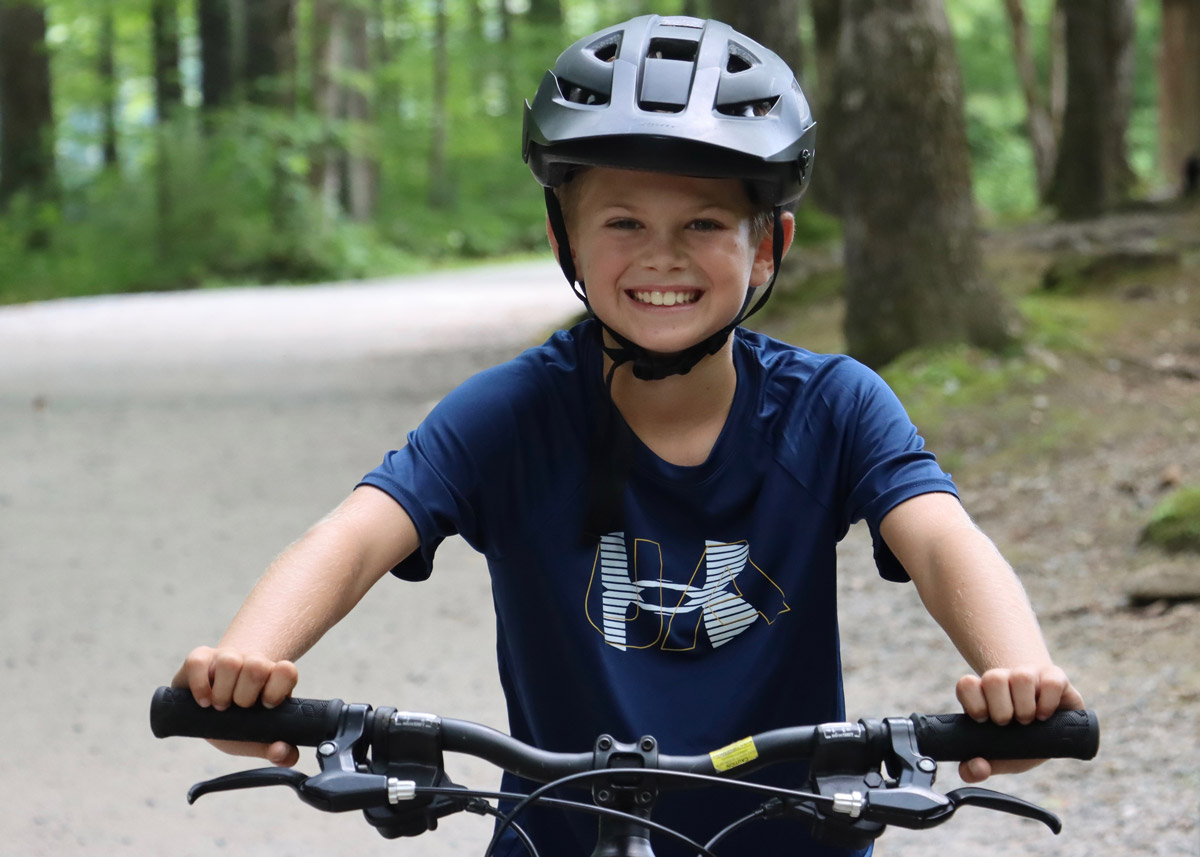

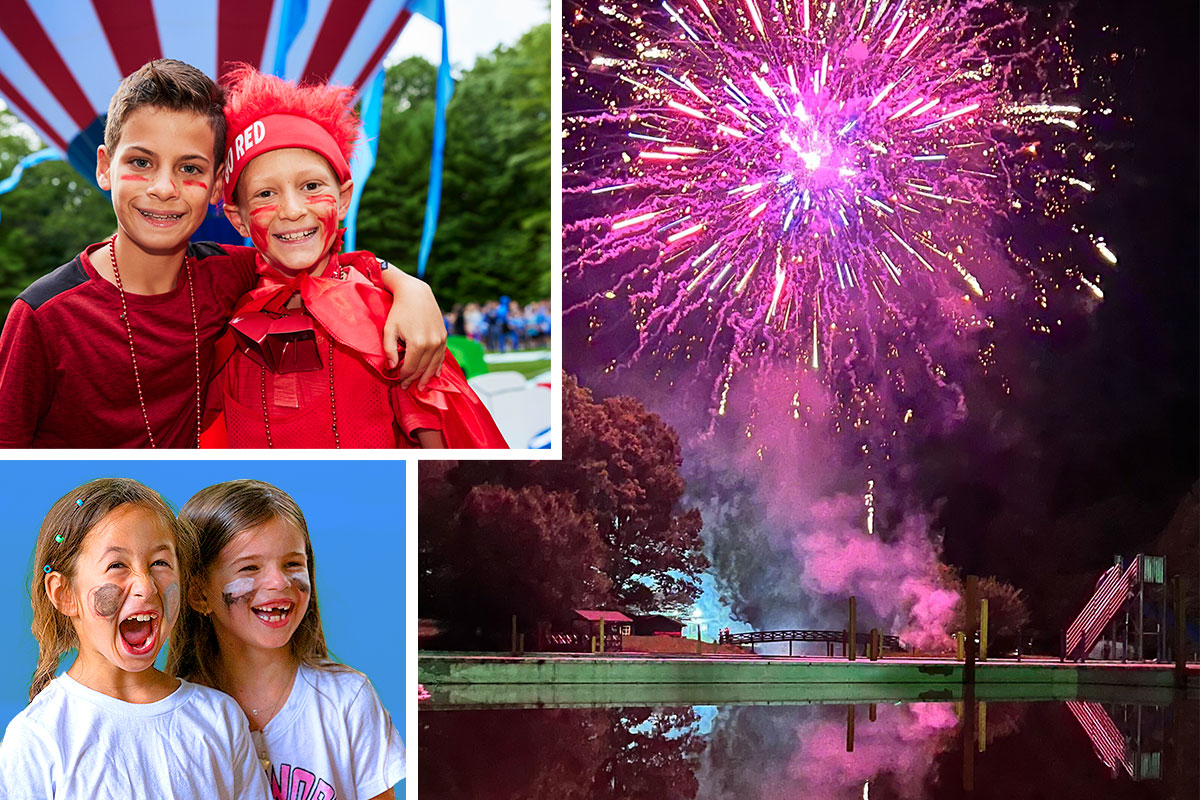
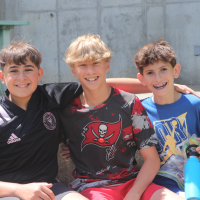
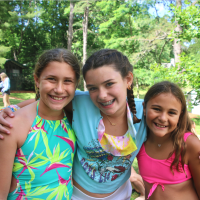
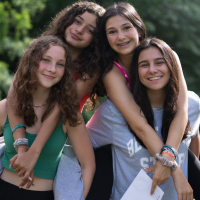
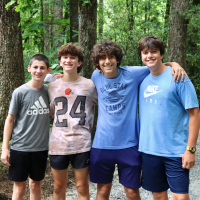
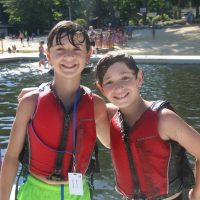
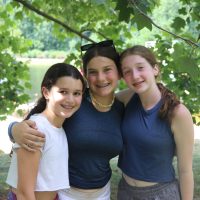
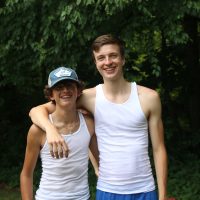
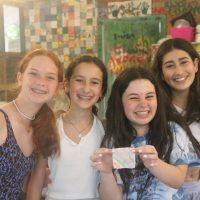
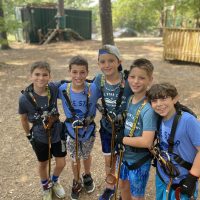
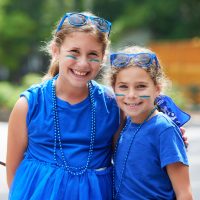
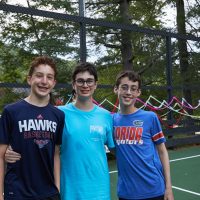
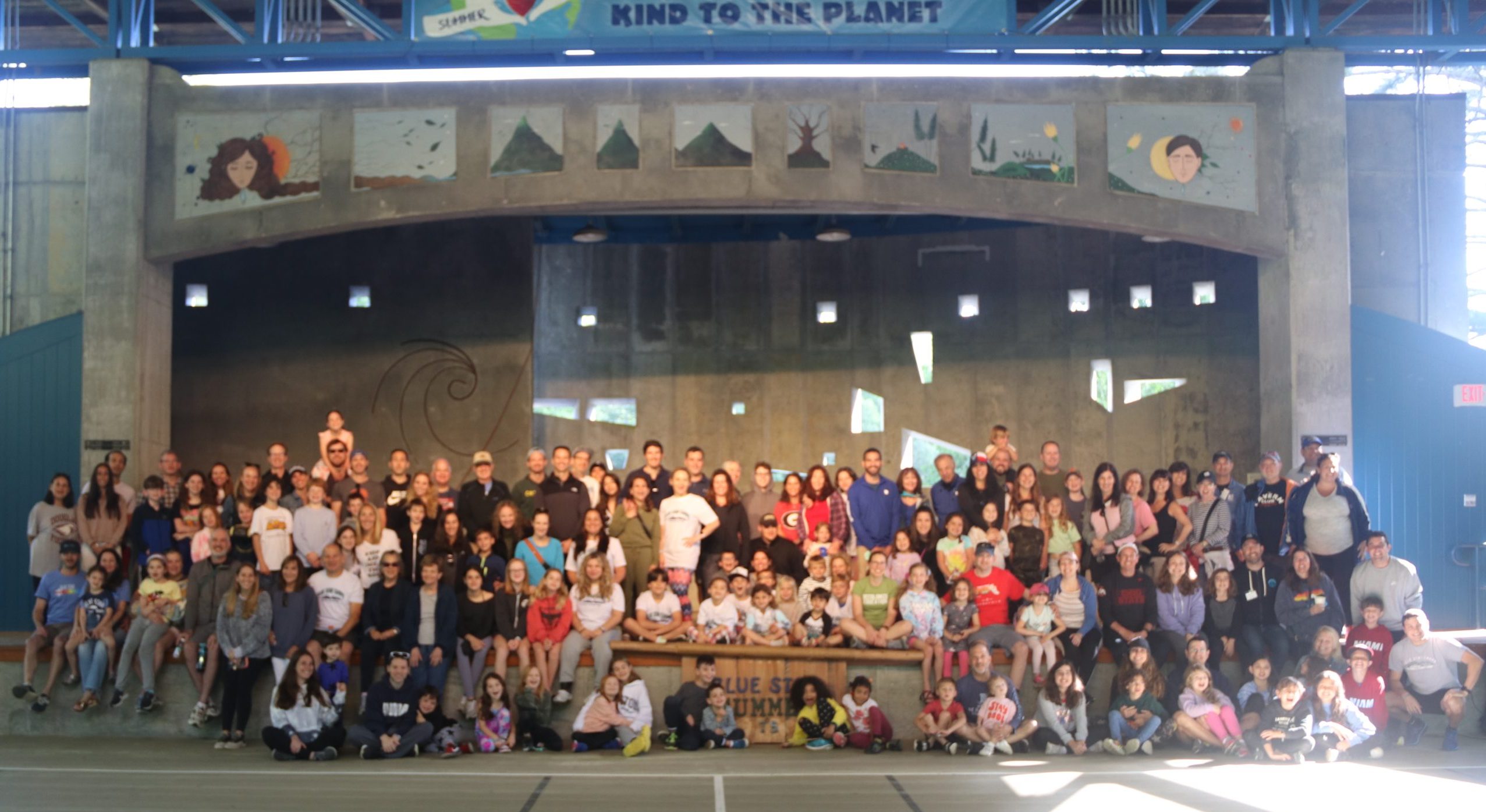
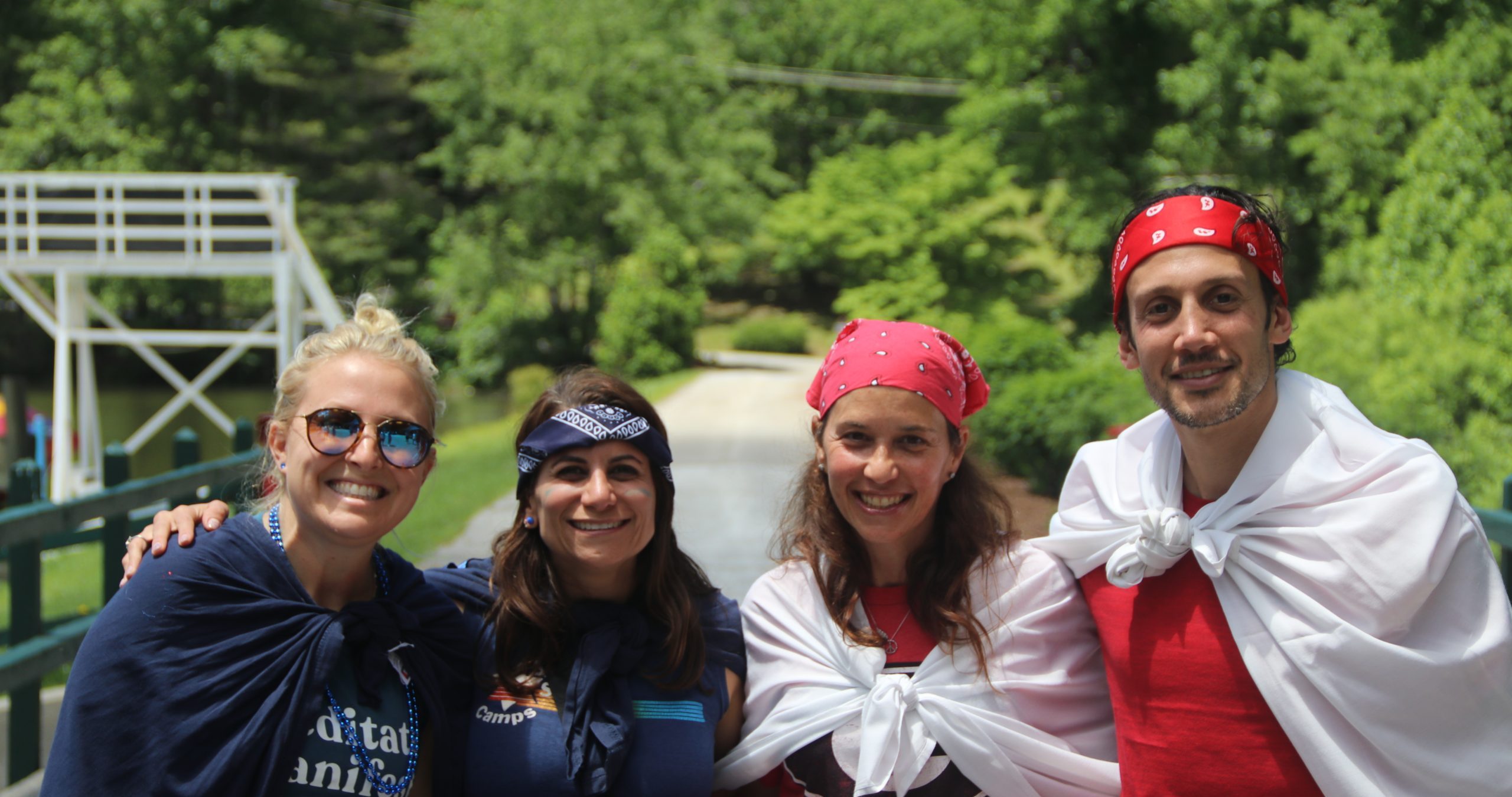 In thinking about what I wanted to relay to you here tonight in our beautiful Elmore Solomon Chapel, I found my mind (and heart) wandering back in time to my childhood at camp, to my camper and staff years. I imagine those memories are the same ones that brought you here this weekend: what we recall from being part of this magical place when we were young.
In thinking about what I wanted to relay to you here tonight in our beautiful Elmore Solomon Chapel, I found my mind (and heart) wandering back in time to my childhood at camp, to my camper and staff years. I imagine those memories are the same ones that brought you here this weekend: what we recall from being part of this magical place when we were young.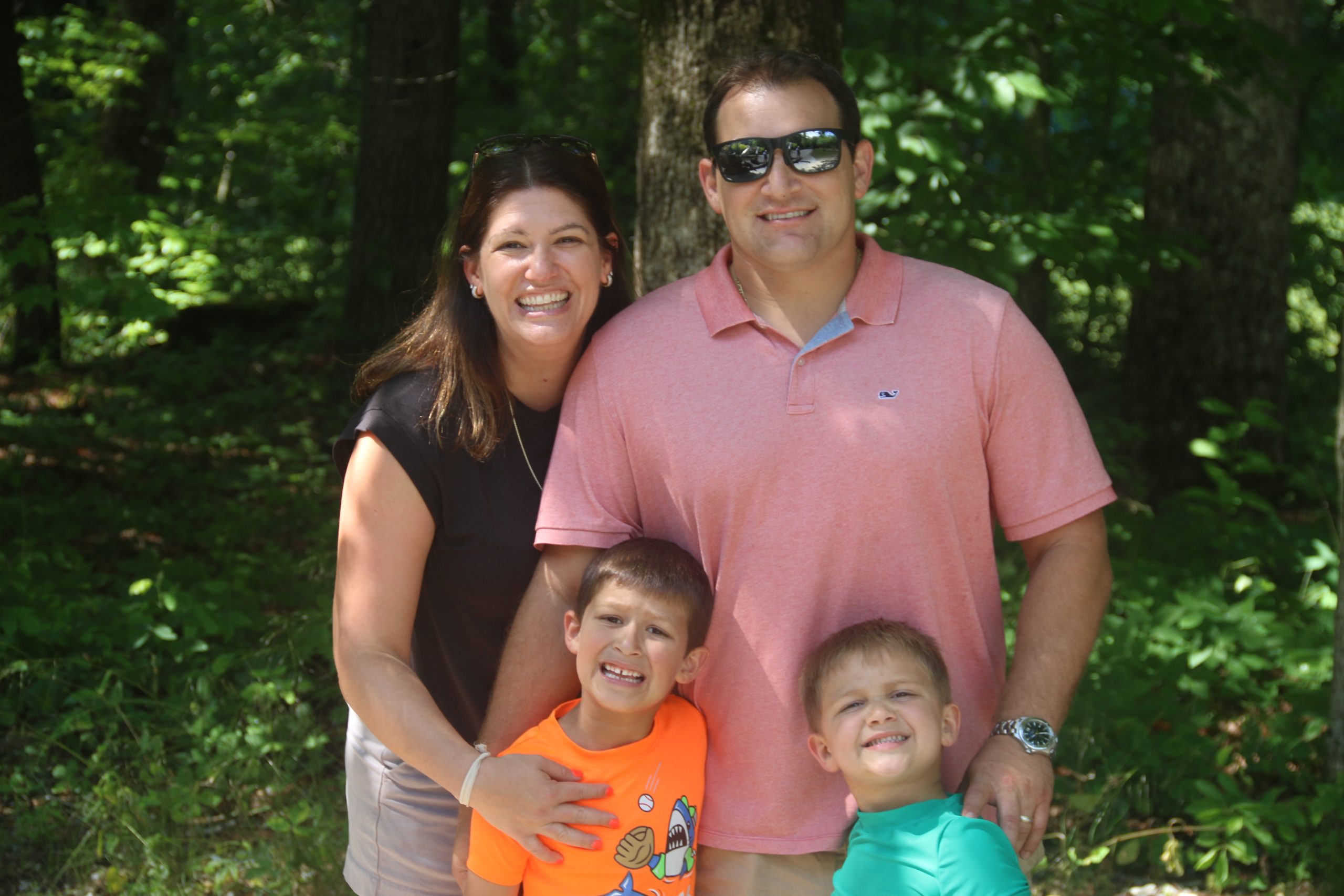 our bunks after lights out. Our friendships were genuine. We felt deeply connected to each other and to the place; we were part of something bigger than ourselves (our cabins, units and camp community). We were accepted. We belonged. We got to be Jewish together while also finding our own individual connections to our faith. And on top of all of that…we got to experience the magic of the natural world on this gorgeous piece of land:
our bunks after lights out. Our friendships were genuine. We felt deeply connected to each other and to the place; we were part of something bigger than ourselves (our cabins, units and camp community). We were accepted. We belonged. We got to be Jewish together while also finding our own individual connections to our faith. And on top of all of that…we got to experience the magic of the natural world on this gorgeous piece of land: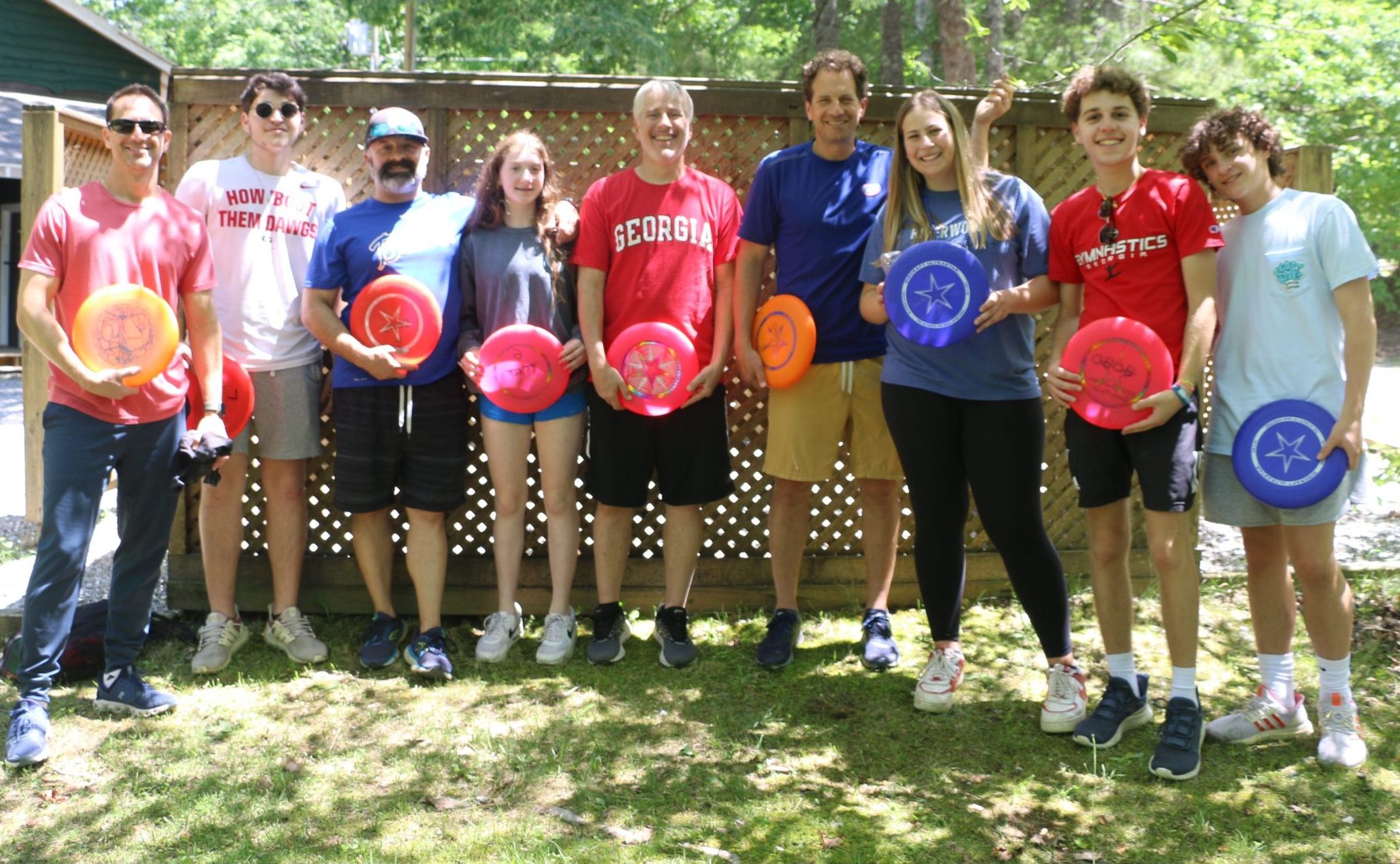 Blue Star gave us something to believe in because it has always been “a camp with a purpose.” Herman & Rosalie and Rodger & Candy all understood that camp was a microcosm for what we could achieve in the world outside of our front gate. They believed that through the experiences campers and staff had at Blue Star, we could build a society that was peaceful, fair, equitable, humane, and loving. Now more than ever, we need institutions, people, and places that we can put our faith in. As we continue to bear witness to the unspeakable tragedies occurring in our country and across the globe as well as the climate crisis, at Blue Star this summer, we recommit to being “kind to each other and kind to the planet.”
Blue Star gave us something to believe in because it has always been “a camp with a purpose.” Herman & Rosalie and Rodger & Candy all understood that camp was a microcosm for what we could achieve in the world outside of our front gate. They believed that through the experiences campers and staff had at Blue Star, we could build a society that was peaceful, fair, equitable, humane, and loving. Now more than ever, we need institutions, people, and places that we can put our faith in. As we continue to bear witness to the unspeakable tragedies occurring in our country and across the globe as well as the climate crisis, at Blue Star this summer, we recommit to being “kind to each other and kind to the planet.”